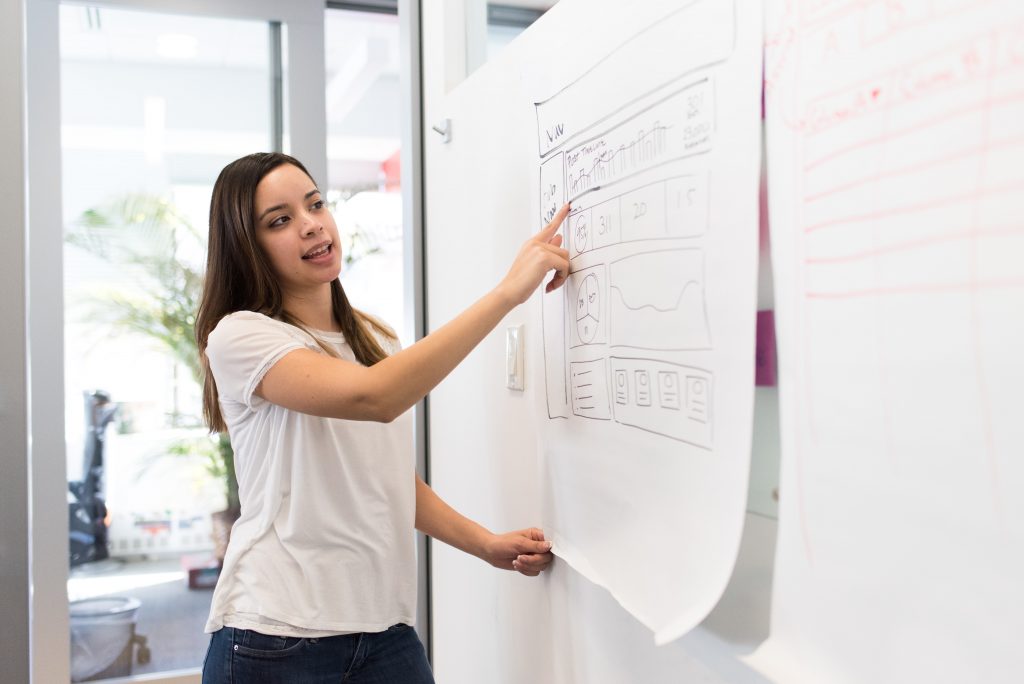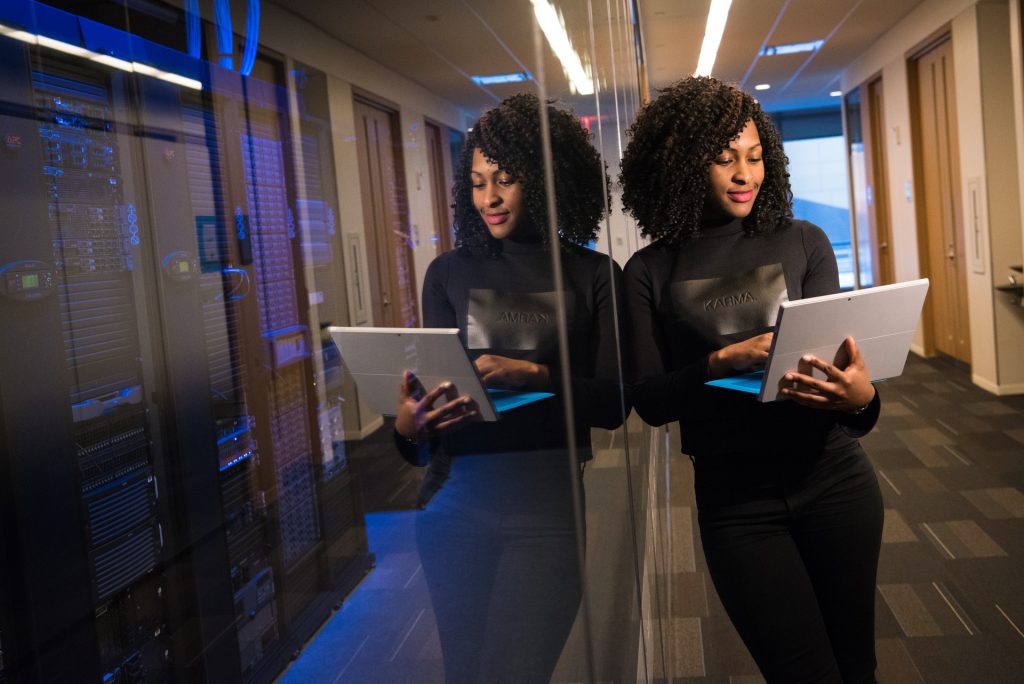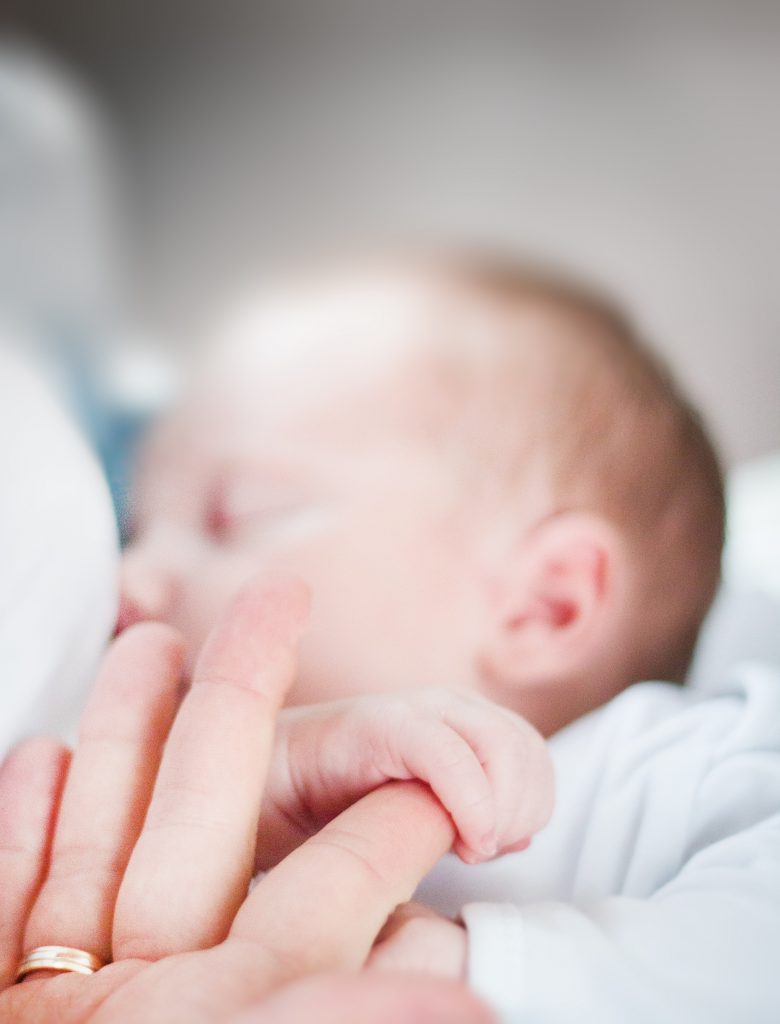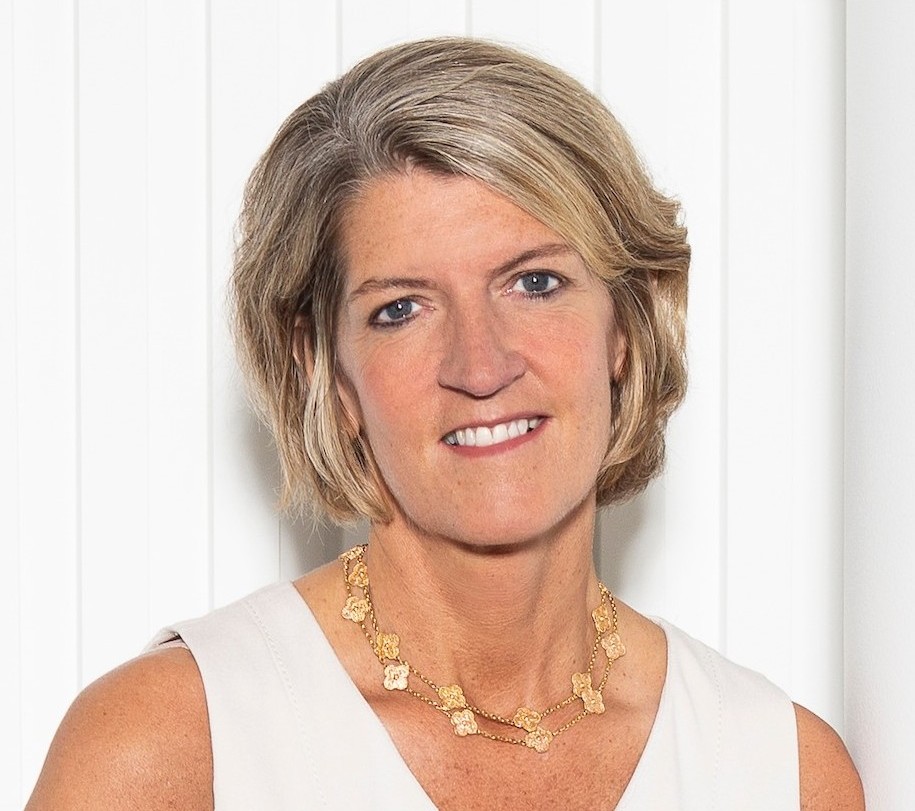Studies over time have found that when women step into executive roles at a company (CEO, CFO, director, etc), the company will experience an increase in profitability – in one study that increase was 15%. On NPR’s Planet Money podcast The Indicator, this reality is explored with Professor Corinne Post, a professor of management at the Villanova School of Business. One of the interesting findings in Professor Post’s research was that “after women were appointed to top executive positions, two things happened. A management team’s tendency to take risks dropped by between 13 to 14%, and then their willingness to become more innovative – their openness to new ideas – that increased by about 10%.” To hear more about the research and a discussion on the topic, listen to “The Indicator” podcast.









